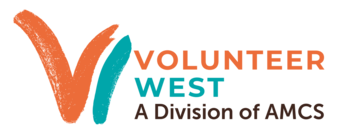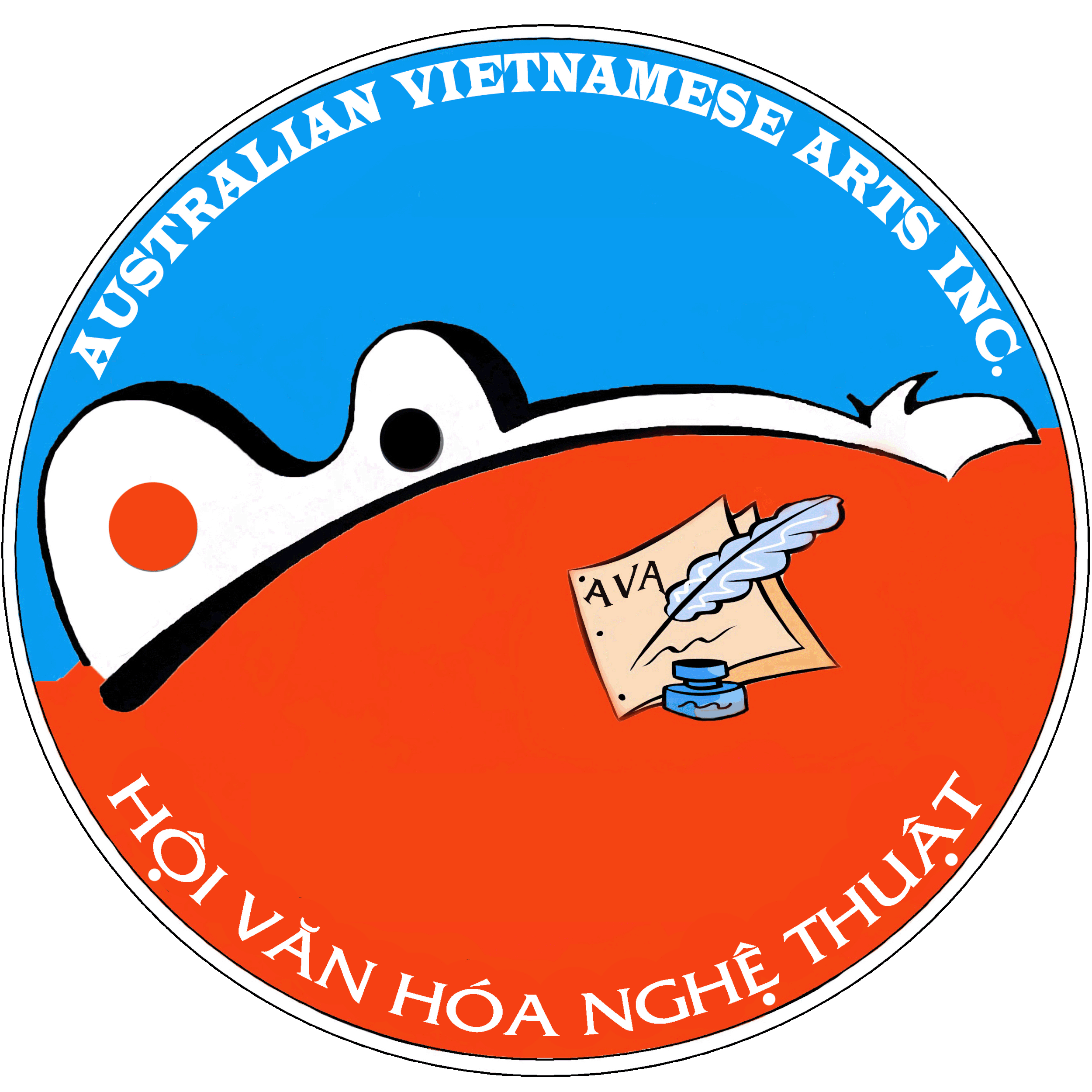Culturally Inclusive
Volunteer Toolkit
A resource for Volunteer Managers looking to implement culturally responsive practices.
Our toolkit has been developed as a guide for Volunteer Managers and Volunteer Involving Organisations (VIOs) to help them support multicultural volunteers.
The content was created in collaboration with some of our core partners through a co-design process which drew on the stories and lived experiences of those who are in or work closely with multicultural communities. We’ve used these stories to help shape the toolkit.
This project is a continuation of Volunteer West’s research which has highlighted the potential of volunteering in multicultural communities and identified the need to move away from traditional forms of volunteering (formal vs informal). We seek to reframe these as role based volunteering and fluid volunteering, and aim to elevate the concept of fluid volunteering through appreciative inquiry.
-
The toolkit has been structured to complement the National Standards for Volunteer Involvement by providing a specific focus on how VIOs can work towards creating a more inclusive volunteering environment for multicultural volunteers.
There are four modules in the toolkit – Inclusive Cultural Practices, The Volunteer Experience, Best Practice & Governance, and Case Studies. In each module you will find in-depth material on the different elements that drive inclusive volunteering, tips to help you put what you’ve learnt into practice, quotes from our co-design workshops, and links to further information.
We have also included some tools and resources which connect you to organisations operating in the volunteer management sector and has links to helpful publications and guidelines. You should also use it if you require additional support in a particular area of expertise.
You can choose to work through the modules one by one or navigate to a particular section that interests you. Take the time to explore the content at your own pace and determine how best to integrate the information into your volunteer management practices.
-
A co-design approach was chosen to create the toolkit as we believed that volunteer engagement practitioners working with multicultural communities possessed the most relevant insights and experiences to shape the project. We wanted them to take the lead on how it should be structured and decide which were the most important aspects of culturally inclusive volunteering volunteer managers and VIOs should consider.
The co design team was a group of 14 individuals from 10 different organisations. Each of them brought a unique perspective to the discussions due to their experiences working with multicultural communities. They were incredibly forthcoming with their knowledge and provided valuable insights to guide the development of the toolkit by sharing their stories with us.
A total of six workshops were scheduled over a period of four months and each one adopted a hybrid format, combining both in-person and virtual elements. This was successful because of the collaborative online whiteboards we used that allowed participants to interact and share ideas. The co-design group were very receptive of the whiteboards as they felt everyone using it had an equal opportunity to contribute.
During the workshops, we took the time to delve deeper into the topic before starting the toolkit design process. We began by collecting the co-designers' perspectives on cultural inclusive volunteering and exploring the challenges faced by volunteer managers. This built a level of trust among the co-designers so when the time came to address the toolkit, everyone was comfortable sharing their thoughts and ideas freely.
Overall, the co-design process was a successful and rewarding experience. Participants felt that their input drove the development of the toolkit and that it was a true representation of the diverse experiences of the group.
Victoria University was able to capture this sentiment and the many different learnings that happened throughout the project in an evaluation report they developed for us. For their data collection, the researchers undertook semi-structured interviews with the co-designers, facilitators, and volunteer managers and they also developed field notes based on observations during the workshops. This allowed them to use storytelling and the voices of those engaged at the different stages of the project to create a narrative around the key findings and recommendations found in the report. We believe that the evaluation is a high quality, in-depth analysis of the co-design process and provides valuable insights for anyone considering using a similar approach for projects involving multicultural groups. To view the report in full click here.
Volunteer West would like to acknowledge the efforts of our core partners who assisted with the development of the toolkit.
This project was supported by the Victorian Government as part of the Emerging Stronger Grant Program.










